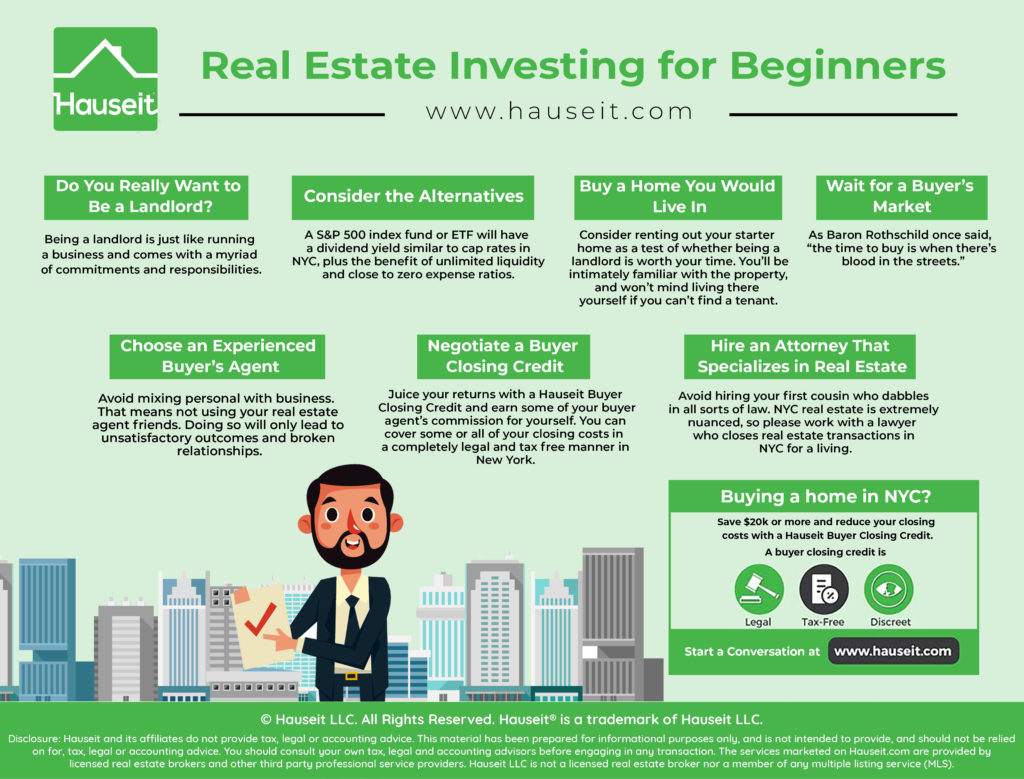Real Estate News: Trends, Insights, And Predictions
The real estate industry is one of the most dynamic and rapidly evolving sectors in the world. With the constant flux of market trends, technological advancements, and shifting consumer preferences, it can be challenging to stay informed and up-to-date on the latest developments. In this article, we will delve into the current state of the real estate market, exploring key trends, insights, and predictions that are shaping the industry.

Market Trends
One of the most significant trends in the real estate market is the shift towards sustainability and eco-friendliness. As consumers become increasingly environmentally conscious, developers and property owners are responding by incorporating green features and energy-efficient technologies into their projects. This trend is not only beneficial for the environment but also provides a competitive edge for properties that can demonstrate their commitment to sustainability.
Another trend that is gaining momentum is the rise of co-living spaces. With the increasing demand for affordable and flexible housing options, co-living spaces are becoming an attractive alternative to traditional rentals. These communal living spaces offer shared amenities, community events, and a sense of belonging, making them an appealing choice for young professionals and families.
Insights
One of the most significant insights in the real estate market is the impact of technology on the industry. The advent of digital platforms, virtual reality, and artificial intelligence is transforming the way properties are marketed, sold, and managed. For instance, virtual tours and online viewings are becoming increasingly popular, allowing potential buyers to explore properties remotely and at their own pace.
Another insight is the growing importance of location and accessibility. As cities become increasingly congested, properties that are strategically located near public transportation hubs, schools, and amenities are becoming more desirable. Additionally, the rise of remote work has led to a shift in the way people think about location, with many prioritizing proximity to nature, parks, and outdoor spaces.
Predictions
One of the most significant predictions in the real estate market is the continued growth of the rental sector. With the increasing affordability crisis and changing consumer preferences, many are opting to rent rather than buy. This trend is expected to continue, with the rental market projected to grow by 10% in the next five years.
Another prediction is the emergence of new and innovative property types. With the rise of the sharing economy and the gig economy, there is a growing demand for flexible and adaptable spaces that can accommodate different uses and users. This could include properties that combine residential, commercial, and recreational uses, or those that incorporate community gardens, co-working spaces, and other shared amenities.
Affordability and Accessibility
One of the most pressing issues in the real estate market is affordability and accessibility. With the increasing cost of living and the widening wealth gap, many are struggling to find affordable housing options. To address this issue, governments and developers are exploring innovative solutions, such as inclusionary zoning, community land trusts, and affordable housing programs.
Another approach is to increase the supply of affordable housing by encouraging density and infill development. By allowing for more intensive use of existing land, developers can build more units and reduce the cost per unit, making housing more affordable for low- and moderate-income households.
Sustainability and Resilience
As the real estate industry continues to evolve, there is a growing focus on sustainability and resilience. With the increasing frequency and severity of natural disasters, developers and property owners are recognizing the importance of building resilient and adaptable properties that can withstand extreme weather events.
One approach is to incorporate green infrastructure, such as green roofs, rain gardens, and urban forests, into building design. These features not only provide environmental benefits but also enhance the aesthetic appeal and value of properties.
FAQs
- What are the most significant trends in the real estate market?
The most significant trends in the real estate market include the shift towards sustainability and eco-friendliness, the rise of co-living spaces, and the impact of technology on the industry. - What is the outlook for the rental market?
The rental market is expected to continue growing, with a projected increase of 10% in the next five years. - What are the most important factors to consider when buying or renting a property?
The most important factors to consider when buying or renting a property include location, accessibility, affordability, and amenities. - How is technology changing the real estate industry?
Technology is transforming the real estate industry by providing new ways to market, sell, and manage properties. Virtual tours, online viewings, and digital platforms are becoming increasingly popular, making it easier for buyers and renters to find and explore properties. - What is the future of real estate, and how will it evolve in the next decade?
The future of real estate is likely to be shaped by technological advancements, shifting consumer preferences, and changing demographic trends. The industry is expected to continue evolving, with a growing focus on sustainability, affordability, and innovation.
Conclusion
In conclusion, the real estate industry is undergoing a significant transformation, driven by technological advancements, shifting consumer preferences, and changing demographic trends. As the industry continues to evolve, it is essential to stay informed and up-to-date on the latest trends, insights, and predictions. By understanding the current state of the market and the factors that are shaping it, buyers, renters, and investors can make informed decisions and navigate the complex and dynamic world of real estate.
The future of real estate is likely to be shaped by a growing focus on sustainability, affordability, and innovation. As the industry continues to adapt to changing consumer needs and technological advancements, we can expect to see new and innovative property types, increased use of digital platforms, and a continued emphasis on community and connectivity.
Ultimately, the real estate industry is a complex and multifaceted sector that is influenced by a wide range of factors. By staying informed and engaged, we can work together to create a more sustainable, affordable, and resilient built environment that meets the needs of all members of society.
Closure
Thus, we hope this article has provided valuable insights into Real Estate News: Trends, Insights, and Predictions. We hope you find this article informative and beneficial. See you in our next article!










Post Comment